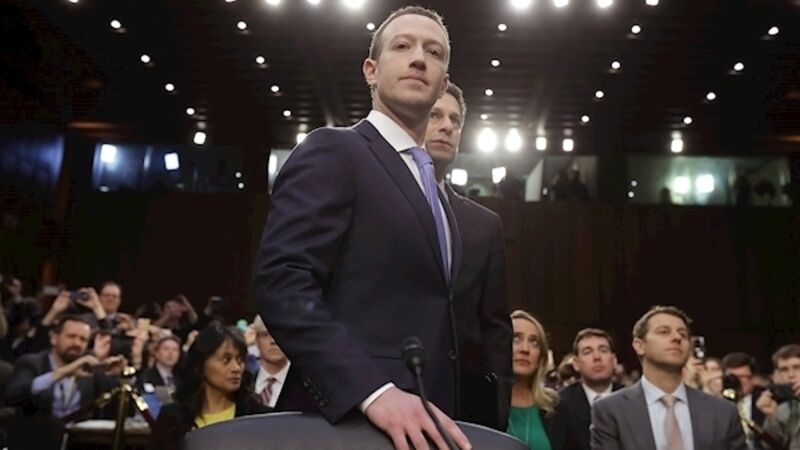Social media a pied piper leading users to latest cause célèbre

The ultimate weakness of every authoritarian state is that its leaders have no exit strategy, writes
It is the perverse genius of democracy to be the turkey that can vote for Christmas. That is the lesson taken in China, Russia, and Turkey. Applying that lesson is the underlying impulse of governments now in Poland and Hungary. The essential urge behind Brexit and Trump is to cancel Christmas, to avoid the final stuffing of its dispossessed supporters. If you are angry, like those donning the ‘gilet jaune’, or yellow vest, in France, your anger can be unleashed, made visible, to stop the state in its tracks.














